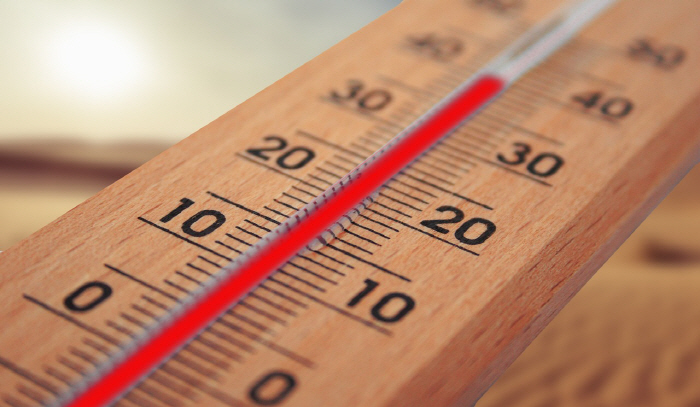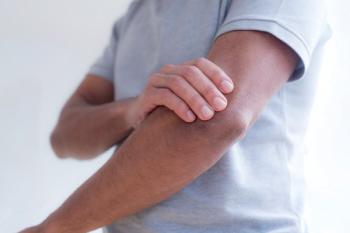Global warming is causing global heat waves to rise...Longer exposure to extreme heat increases biological age
Aug 26, 2025
|
The World Health Organization (WHO) also views heat waves as a climate disaster that greatly increases the health risk associated with aging. Repeated exposure to heat waves increases the likelihood of major senile diseases such as stroke, myocardial infarction, heart failure, asthma, and pneumonia, according to a recent WHO report. The UN Environment Program (UNEP) report also said that the death rate of the elderly due to heat waves has increased by more than 85% compared to the 1990s.
In this regard, a paper by an assistant professor of urban planning at Hong Kong University's Department of Architecture, Guo Chiu-yi (郭萃), published in Nature Climate Change, also included that people suffer from "accelerated aging" due to heat waves.
According to the research team's analysis of data from 24,922 adults living in Taiwan from 2008 to 2022, when the cumulative period of heat exposure increases by the quadrant range (IQR), 'biological age' increases by 0.023 to 0.031 (8-11 days). IQR is a type of statistical indicator of the degree of data scattering based on the median, the difference between the 25th percentile and the 75th percentile. This 'accelerated aging' was more prominent in rural areas, workers working outdoors, and low air conditioning penetration. Although the impact may not appear to be significant, it is analyzed that the impact accumulates over time.
Earlier in March, the scientific journal Science Advances published the results of a study by Jennifer Ailsher and Dr. Choi Eun-young of Leonard Davis College of Geriatrics at the University of Southern California (USC), which analyzed the number of heatwave days and the rate of aging of the elderly across the United States, and found that the aging rate in hot areas was up to 2.5 years faster than in cool areas.
The research team investigated the number of days of heat waves across the United States based on the Heat Index from 2010 to 2016, collected and analyzed blood samples from 3,600 local residents aged 56 and older to analyze how biological age changes. Analysis of the effect of increased number of days of heatwaves or prolonged heat waves over 1 and 6 years on the biological age of participants showed that biological aging was advanced by up to 2.48 years with heat waves.
This article was translated by Naver AI translator.














